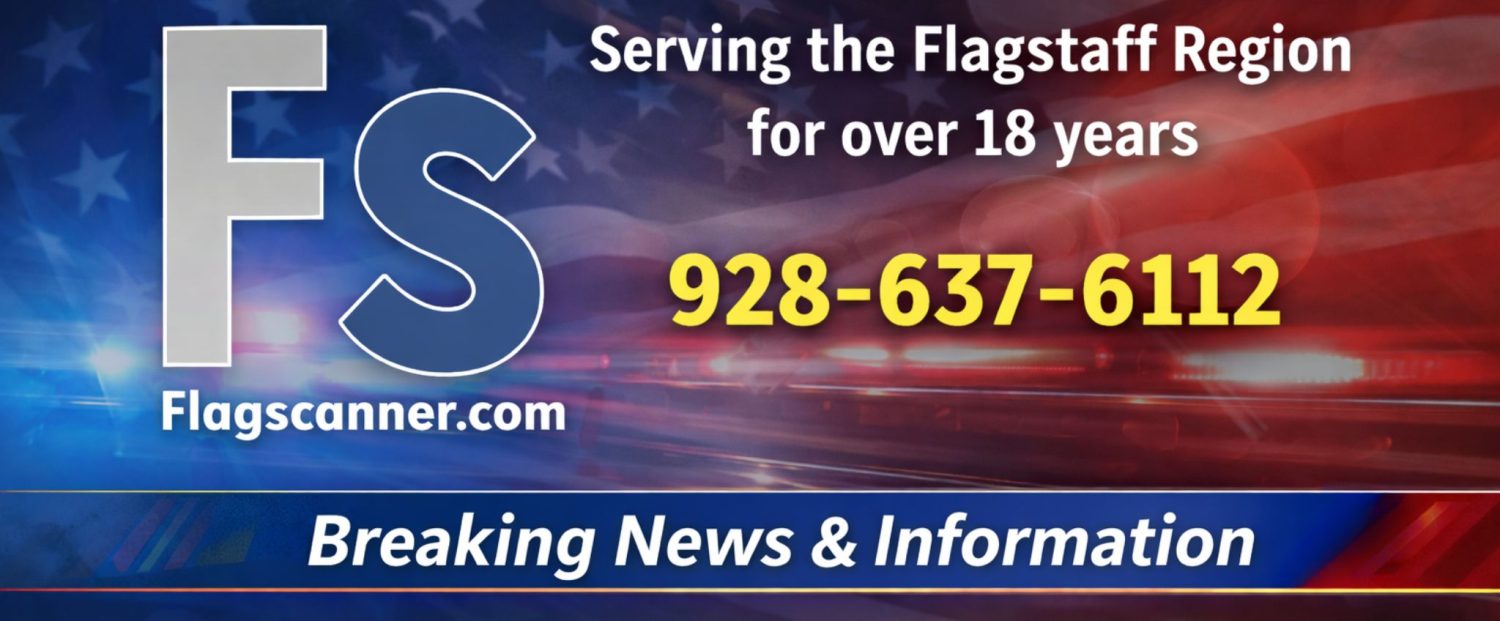
FLAGSTAFF, Ariz. —The Flagstaff Ranger District (FRD) of the Coconino National Forest is considering fire restriction changes that would limit camping, campfires, and motorized vehicle use in strategic areas during certain times of the year when catastrophic wildfire risk is high to help prevent unwanted, human-caused fires.
Proposed changes to fire restrictions would increase the boundaries of the existing year-round camping and campfire ban located adjacent to the City of Flagstaff. They would also forbid the use of motorized vehicles in areas around the San Francisco Peaks, Walnut Canyon, and Pumphouse Wash during Stage 2 fire restrictions. These areas have rough terrain and topography that increase wind speeds, which can limit firefighter ability to suppress wildfire starts. The areas under consideration would still be open for hiking, mountain biking and equestrian use during Stage 2 fire restrictions.
On January 24, the Flagstaff Ranger District of the Coconino National Forest made a presentation to the Coconino County Board of Supervisors (Board) to gather input about the proposed changes.
“I support the proposed recommendations by the Forest Service to increase the boundaries for year-round camping and campfires bans in those areas where the Forest Service lands interface with urban developments,” said Patrice Horstman, Coconino County Board of Supervisors Chair and District 1 Supervisor. “I also support increasing Stage 2 fire restrictions by banning the use of motorized vehicles in the areas around the San Francisco Peaks, Walnut Canyon, and Pumphouse Wash. These proposed changes will help reduce the threat of wildfires in post wildfire flooding in these critical areas.”
Horstman added, “The Forest Service, in determining the staging and fire restrictions, should employ indices that use the most up-to-date science, especially given the mega drought we are experiencing. I would recommend further that the Forest Service make these fire restrictions and staging decisions at the local level and not in Washington DC. These fire restrictions and staging decisions are best made locally by the people who know and understand the unique conditions of the Coconino and Kaibab National Forests. These fire restrictions and staging implementations also require an investment into more law enforcement on federal lands. The Forest Service needs adequate funding to hire law-enforcement and emergency response personnel that can assist in educating the public and in monitoring and enforcing forest service regulations.”
“We’re having more and more people coming out to enjoy nature and our forest management practices and fire restrictions need to change to keep up,” said Matt Ryan, District 3 Supervisor. “I especially support the changes to motorized vehicle use during Stage 2 restrictions, while still allowing access for hiking, mountain biking, equestrian use, and other activities.”
Public Meetings
Representatives of the Coconino National Forest are planning community meetings to solicit public input prior to implementation. Should the proposed fire restriction changes be adopted, they will be in place by April 2023.
More information about the proposed restrictions and a map of affected areas is posted on the Coconino National Forest website. To receive email notices from the Coconino National Forest regarding options for public comment, please sign up at coconinonationalforest.us.

